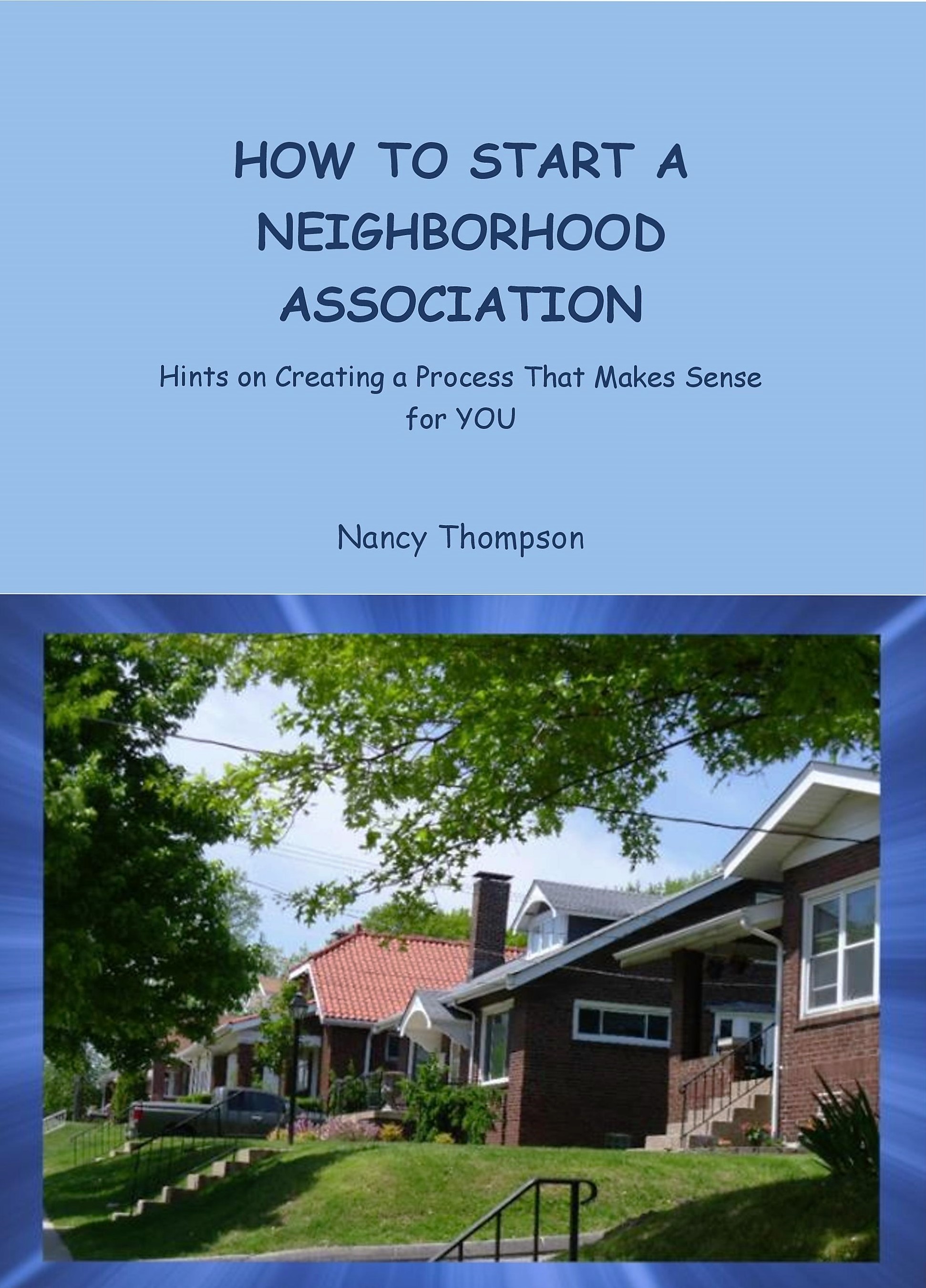Avoid Spot Zoning To Be Seen as Fair

Last Updated: December 15, 2021
Spot zoning refers to applying a map classification for purposes of the municipal zoning ordinance to a particular parcel of land, especially a small one, without regard to its surrounding designations. That's a bad thing, not a good thing, because it may smack of favoritism toward a particular land owner.
Because the courts frown on it so much, neighbors who don't like a particular rezoning proposal are likely to throw around this accusatory term. Whether or not it's a spot zoning is usually a judgment call, but a consideration that the governing body of the city or county establishing and amending the zoning ordinance should be aware of.
Examples will help. If you want to plunk down a commercial designation on a residential lot that is situated mid-block in a subdivision, that sure sounds like a spot zoning in almost all conceivable circumstances. If the parcels are larger than a typical subdivision lot, though, and the property seeking the rezoning to commercial is surrounded on three sides by residential zoning, but on the fourth side by a neighbor having commercial zoning already, the picture becomes more gray.
This practice may occur because people favor or dislike a rezoning applicant or even the adjoining property owners, but more often, it seems to occur because the local planning commission and city council lack the courage to say no.
Now we will make our example harder. What if this is a development influenced by new urbanism and the mixed-use concept, and the proposed commercial lot is at the end of the residential block, instead of in the middle? In many cities corner stores are a traditional neighborhood layout, and one that helps to minimize travel and maximize convenience.
What if there are architectural controls or urban design standards that would limit the mass, height, setbacks, and appearance of any new building on the parcel in question, holding to the same standards that would apply to a house? Some would say that the land use itself doesn't matter nearly as much as the building form. This line of thinking has given rise to an approach known as form-based codes. Proponent of this theory would de-emphasize any talk of spot zoning and instead choose to focus on whether buildings and their performance are substantially consistent with one another.
In spite of the fact that we are retreating from some of the rigidity of traditional zoning with a welcome emphasis on how properties perform and how well traditional mixed-use neighborhoods have performed, it's also true that some instances of what most of us would call spot zoning really are indefensible. Let's take a closer look at the legal background of spot zoning.
Why Do Courts React Negatively to Spot Zoning?
Courts rule against a scattered pattern of land use designations for two reasons:
- Fundamental fairness. One of the foundational truths of land use law is that equal properties should be treated equally. Often in the case of alleged spot zoning, the suspicion is that perhaps the person seeking the change is a friend of some decision-maker or is owed a political favor. Or perhaps the applicant just is an influential person around town.
- The strong legal nexus (connection) between land use planning and zoning. The ordinance is legally defensible to the extent it is based on good analysis and study of desirable future land use. When something looks so fishy that no reasonable planning commission would perceive it as a logical and desirable land use pattern, then the court may well say that's spot zoning. This can serve as a rationale for a court overturning a particular municipal, township, or county zoning decision.
What Can Citizens Do About a Potential Bad Land Use Decision
If you think a poor planning decision is coming to your neighborhood, mobilize and organize your neighbors. That's the most effective thing you can do. Final land use decisions and zoning decisions are made by elected officials, and they are susceptible to pressure from citizens.
However, you will be much more effective if you rely on unselfish, objective arguments based on sound theory instead of resorting to name-calling about "spot zoning" if the case isn't clear-cut. Preserve your credibility for future controversies by being honest, calm, and rational with elected officials. Learn as much as you can about the zoning of surrounding properties, any comprehensive or small-area plans that have been adopted for the property in question, and the history of land uses on the parcel proposed for rezoning.
Many times spot zoning isn't a scientific or empirical concept that we citizens can demonstrate; it relies on subtle judgment calls.
When Rezoning Seems Contrary to Sound Land Use Principles
At the local level, when you hear talk about spot zoning, it may be simply a rhetorical flourish, or it may be a pretty fair summary of how most objective parties would view the situation.
The most important element to keep your local government legally defensible is to keep in mind that decisions should be based on logical and sound analysis rather than personalities, preferences, or property owners.
If everyone could have whatever zoning he or she wished as a property owner, there would be no purpose in having the regulation. It would be like one place where I worked, where supposedly in earlier times the zoning map was kept in pencil, so if a property owner wanted to change zoning, the best thing to do would be to sneak into the zoning office when no one was looking, erase the zoning designation, and write in another one. Those days are long past in most places. Now the best course of action for a local government is to stick with sound planning arguments in making rezoning decisions. This certainly includes avoiding spot zoning.
Read These Articles About Sound Zoning Decision Making
Join USEFUL COMMUNITY PLUS, which provides you monthly with short features or tips about timely topics for neighborhoods, towns and cities, community organizations, rural environments, and our international friends. Unsubscribe any time. Give it a try.




